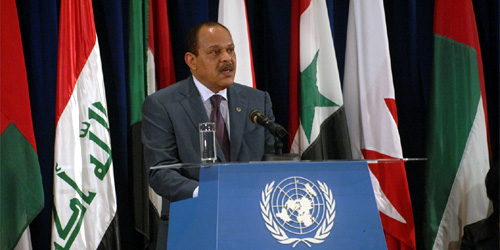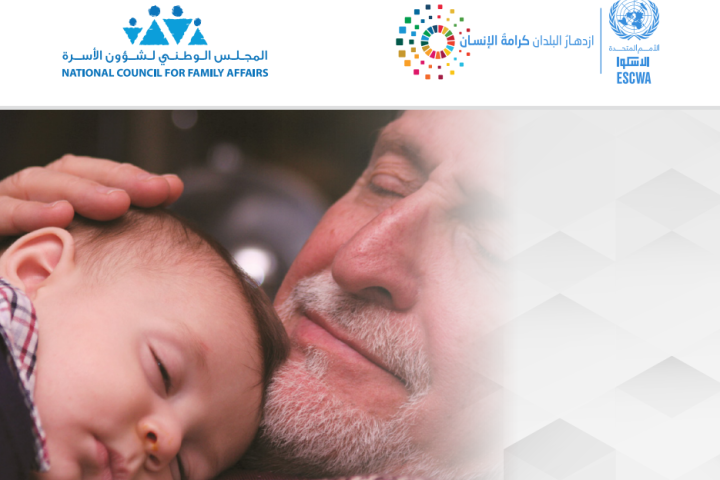At the end of its 26th Ministerial Session, ESCWA Thursday called on its member countries to continue working towards peace and stability in the region and tackling the roots of crises within their socio-economic development programs. The Session was held from 17 to 20 May, with the participation of Arab ministers and officials, ESCWA experts and officials, and representatives of governmental and non-governmental organizations.
The Session concluded with a set of recommendations to member countries as well as to ESCWA's secretariat, in which the Regional Commission urged its members to promote development in order to achieve the Millennium Development Goals (MDGs), especially in countries plagued by crises and occupation; mobilize human and financial resources to further strengthen development efforts; and uphold their readiness to tackle possible future crises. The Session also called for the promotion of capacity-building efforts for public-sector institutions that are necessary in facing emerging problems and crises.
Member countries asked ESCWA Secretariat to upgrade the Centre for Women and the Emerging and Conflict-related Issues Unit to Divisions, and to pursue necessary steps in order to expedite the establishment of ESCWA's regional technology centre, which will be hosted in Jordan.
Lebanon's House Speaker Nabih Berri yesterday opened the ministerial segment of the Session, and in his statement said he was once again sponsoring an ESCWA activity because of "the diverse roles played by the various UN entities, particularly ESCWA whose resolutions and activities influence not only Lebanon but also its Arab neighbors and the region as a whole."
For his part, ESWCA Executive Secretary Bader AlDafa emphasized that "what ESCWA has managed to achieve during the 35 years of its existence is the continuity in accomplishing its development mission despite the increasingly difficult conditions faced by the region and member countries. The Regional Commission remains fully committed to tackling such challenges for the benefit of the region."
On the sidelines of the Ministerial Session a round table was held on youth, in which participating ministers debated a range of issues with around 100 young men and women from different nationalities who study in Lebanese schools and universities. Students were divided into six groups, each focusing the issues of education, employment, health, globalization, public activisim and exceptional issues. Political Sciences Professor and Director of the Political Sciences Institute at the Saint Joseph University in Beirut, Fadia Kiwan, considered that this ESCWA initiative is "a bold and progressive step, as in the Arab world we are used to talk about youth and their concerns but few are the opportunities where they are offered the chance to speak out."
The Session also hosted another roundtable on human and institutional capacity-building, in which ESCWA secretariat presented a document on challenges related to the modernization of the public sector in the ESCWA region, dealing with the importance of building institutional capacities in member countries.




